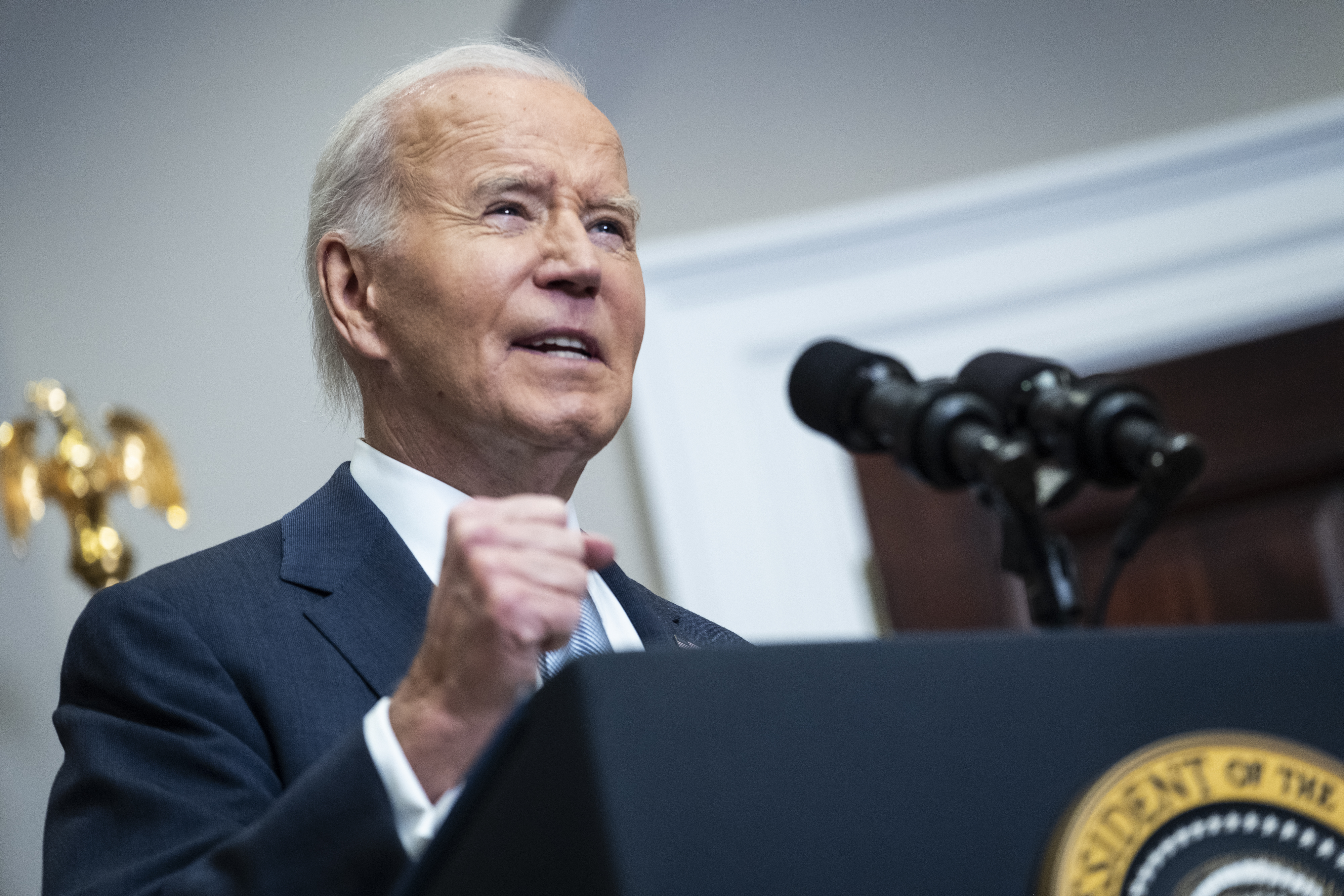The State of Connecticut is getting ready to roll out a program that will have significant financial benefits for people with student loan debt.
The Student Loan Reimbursement Program aims to alleviate the financial pressures that graduates face.
“In fiscal year 2023, thousands of students throughout CSCU carried more than $147 million in federal student loan debt,” Chancellor Terrence Cheng for Connecticut State Colleges and Universities said.
The program was a bipartisan effort approved by the state legislature in response to the growing amount of student debt in the state.
Get top local stories in Connecticut delivered to you every morning. >Sign up for NBC Connecticut's News Headlines newsletter.
“In our state of just over three million people, 500,000 people have a significant amount of college debt,” Lt. Gov Susan Bysiewicz said.
The requirements are the following:
- Must have graduated from a CT state public or private college or university with a bachelor’s or associate degree
- Must be a CT resident for at least five consecutive years
- Must have an income below $125,000 if filing single
- Must have an income below $175,000 if filing married
- Must have made payments towards student loans
- Must have 50 hours of volunteering time
Freshman Hugh Wilkinson at Southern CT State University was ecstatic when he heard the news of the new program.
Local
“Honestly it's been a hard road coming here, getting here and at the end of the day, no one wants to pay back loans when they’re 30,” Wilkinson said.
State Rep. Corey Paris, who was a proponent of the bill, described the program as an opportunity for prosperity.
“Student loan debt will not be a lifelong sentence anymore, it's time we put our residents on the path of freedom and opportunity,” Paris said.
The state has secured $6 million for the first year of the pilot program.
Rep. Eleni Kavros DeGraw, another proponent of the bill, clarified the Student Loan Reimbursement Program is not a retention bill but rather an economic participation bill.
“The state often spends money that we do not directly see in the economy, this is $6 million that goes directly back into the economy,” Rep. Kavros DeGraw said.
The Department of Higher Education estimates 100,000 borrowers will apply once the application is active.
For more information on nonprofits where you can volunteer, click here.
Click here for more on what you'll need to apply.



